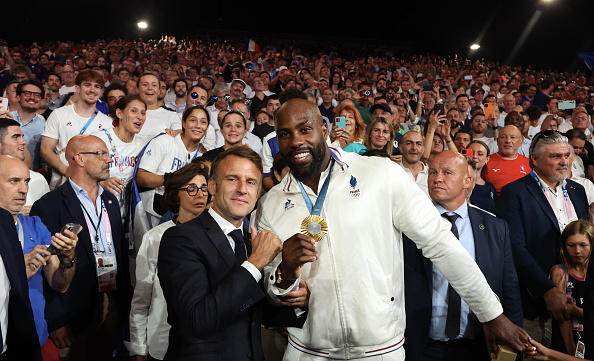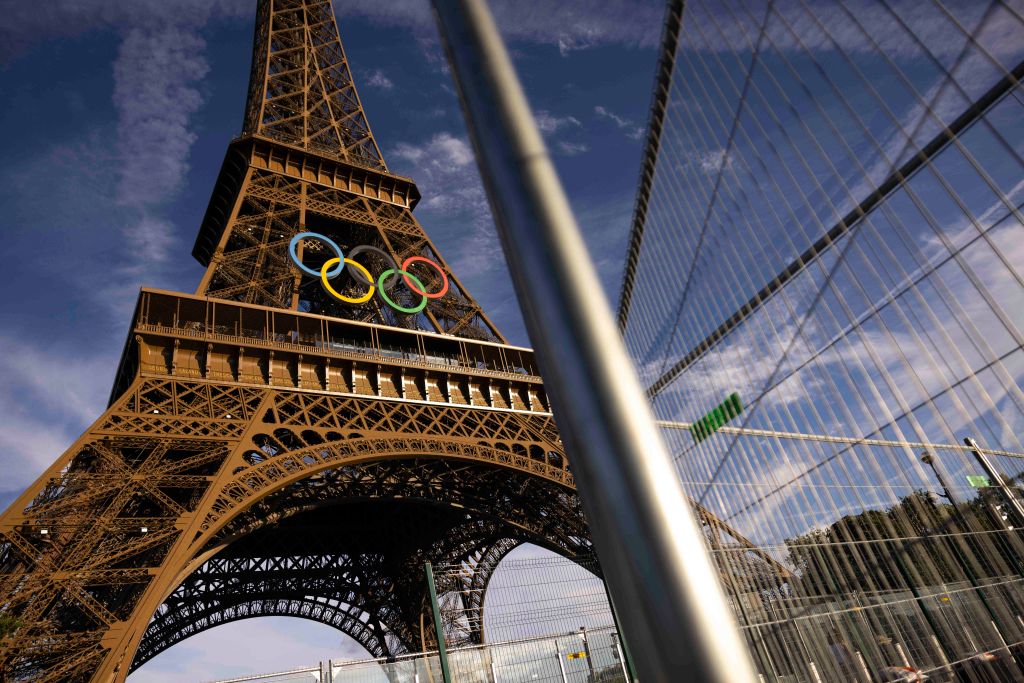For decades, the European establishment has drawn a cordon sanitaire (a sanitary cordon, meaning a refusal to deal with certain parties) around parties of the populist-right. The rules were never official, but they were widespread across Europe.
This excluded the populist-right from potential governing coalitions. Time and again, centre-right parties sought to work with the centre-left (or even hard-left) instead of the populist-right.
There were exceptions to these rules. For example, the Austrian People’s Party broke the cordon in 2000 when it formed a coalition with the populist-right Freedom Party. But such breaks were – until recently – rare. And when the cordon sanitaire was broken, the reaction from other establishment politicians often was furious.
When the People’s Party broke the cordon, other EU governments imposed sanctions on Austria and froze bilateral diplomatic relations, halting their meetings with their counterparts in Vienna. Actions like these are all but unheard of between EU members. It only stopped when the sanctions failed to change Austria’s government. Then, to save face, the establishment dispatched three former EU prime ministers – the so-called “three wise men” – on a fact-finding trip to Vienna.
In 2020, votes from the populist-right Alternative for Deutschland (AfD) were decisive in electing the Liberal Thomas Kemmerich (FDP) as Minister-President of the German region of Thuringia, with backing from the Christian Democrats (CDU). The CDU’s leadership – including then-Chancellor Angela Merkel – was so furious with the local CDU for voting with the AfD that, ultimately, Kemmerich had to step down. His replacement was a hard-left radical. For a long time, this is how politics in Europe worked: the moderate establishment could send out an angry press release, and it was enough to end any collaboration with the populist-right.
But, increasingly, that seems no longer the case. The clearest sign the age of the cordon sanitaire may be reaching its end came during a European Parliament vote on a seemingly tangential subject. The body voted to recognise Edmundo González Urrutia as President of Venezuela, after the ruling leftist authoritarian Nicolás Maduro allegedly stole the election.
The resolution passed after the centre-right European People’s Party (EPP) and the right-wing European Conservatives and Reformists (ECR) voted with populist-right parliamentarians, including Viktor Orbán’s new Patriots for Europe group and the Europe of Sovereign Nations bloc. The vote elicited teeth gnashing from moderate and left-wing groups – who apparently were fine with recognising Maduro as president, even after he issued an arrest warrant for his opponent. But this time, the angry press releases failed to keep the EPP or the ECR from voting for the Patriots for Europe’s motion.
It is important not to overstate this – it is only one vote, after all. But the fact it even happened shows how rapidly things have changed in European politics. It happened on an issue relatively unimportant to the EU: this suggests the vote was likely a test step so the establishment could measure reactions. And the fact the backlash was limited to angry posts on X means the EPP and ECR may feel comfortable voting with the populist-right again.
And all this may be happening at the national level, too, where the populist-right is increasingly being invited into the halls of power – or at least, into the lobby. Centre-right political parties in the Netherlands recently worked with Geert Wilders and his populist-right Party for Freedom to form a government. In Italy, the moderate Forza Italia formed a coalition with Giorgia Meloni’s Brothers of Italy, who had previously been derided as proto-fascist by Liberals. The centre-right and centre allied with the populist-right
Sweden Democrats in Sweden. And French President Emmanuel Macron’s new prime minister, Michael Barnier, will knowingly rely upon the votes of Marine Le Pen’s populist-right National Rally in order to govern.
Where else could this happen? Some national parties have stayed resistant. Portugal’s new prime minister, ostensibly a Conservative, refused to govern with the populist-right Chega party. As a result, his minority government is unlikely to survive its four-year term. And the Spanish People’s Party has been coy about whether or not it would ally with the nationalist Vox party nationally.
But the European Parliament vote illustrates why these parties might soon change their tunes, and it is because of a rather simple reason: it is silly to lose when you can win. The vote on Venezuela’s president showed the Right had 309 votes, while the centre and Left had 201. Only six members of the centre and centre-left groups voted with the Right, so even if each of them changed sides, the centre-right and Right would still have had a majority of around 100 votes.
If different parties on the Right could potentially find a way to get along, they would no longer have to sit back and watch while the Left protects the gas-powered engine ban and pushes through education policies that lambast Western history. When those are the stakes – allowing the centre-right and Right to fundamentally change Europe – decisions like the CDU’s move to allow the Left to win power in Thuringia look increasingly foolish. They are unlikely to be repeated too often.
But the collapse of the cordon sanitaire also highlights what many have chosen to ignore: that the cordon sanitaire may never have really been about principles in the first place. When the West was stable and successful, voters did not view populist- right parties as necessary. So the establishment could get away with not needing to work with them.
But now voters are increasingly doubtful of establishment narratives and are giving their votes to the populist-right instead. The centre-right establishment is increasingly being faced with a choice: ignore the rising tide of voter frustration and risk being washed away, or work with the populist-right and actually achieve something. Time will tell which path they choose.





